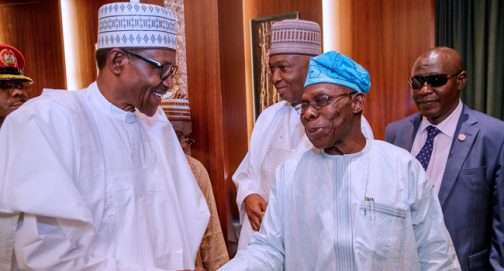Yahaya Bello, the immediate past governor of Kogi State, appeared at the Economic and Financial Crimes Commission (EFCC) office on Tuesday, once more facing allegations of financial mismanagement during his tenure. This comes amid ongoing investigations and recent judicial developments affirming the EFCC’s constitutional powers.
Bello Arrives with Legal Team
Driving himself in a black Hilux, Bello arrived at the EFCC headquarters accompanied by his legal counsel. His visit follows the Supreme Court’s dismissal of a case challenging the EFCC’s authority, reinforcing the anti-graft body’s jurisdiction over financial crime matters involving state officials.
Allegations and Legal Proceedings
The EFCC’s latest summons relates to alleged misappropriation of public funds during Bello’s time as governor. At the last hearing on November 14, the commission requested an adjournment to November 27, citing the 30-day statutory period needed to address the summons issued against Bello.
Details of the specific allegations have not been fully disclosed, but the EFCC is reportedly focusing on how funds meant for public use were managed under Bello’s administration.
Context of the Supreme Court Judgment
The timing of Bello’s EFCC appearance is significant, as it follows a Supreme Court ruling that dismissed a collective challenge by state governments questioning the constitutional legitimacy of the EFCC. This ruling effectively bolsters the agency’s mandate to investigate and prosecute corruption cases at all levels of government, including states.
Broader Implications
This development signals the EFCC’s renewed commitment to pursuing cases involving former public officials. Bello’s compliance with the summons underscores the heightened scrutiny on former governors and the agency’s determination to hold individuals accountable for alleged financial misdeeds.
The outcome of the November 27 proceedings is expected to shed more light on the nature of the charges against Bello and the progress of the investigation. For now, the case serves as a reminder of the ongoing battle against corruption in Nigeria’s political landscape.



